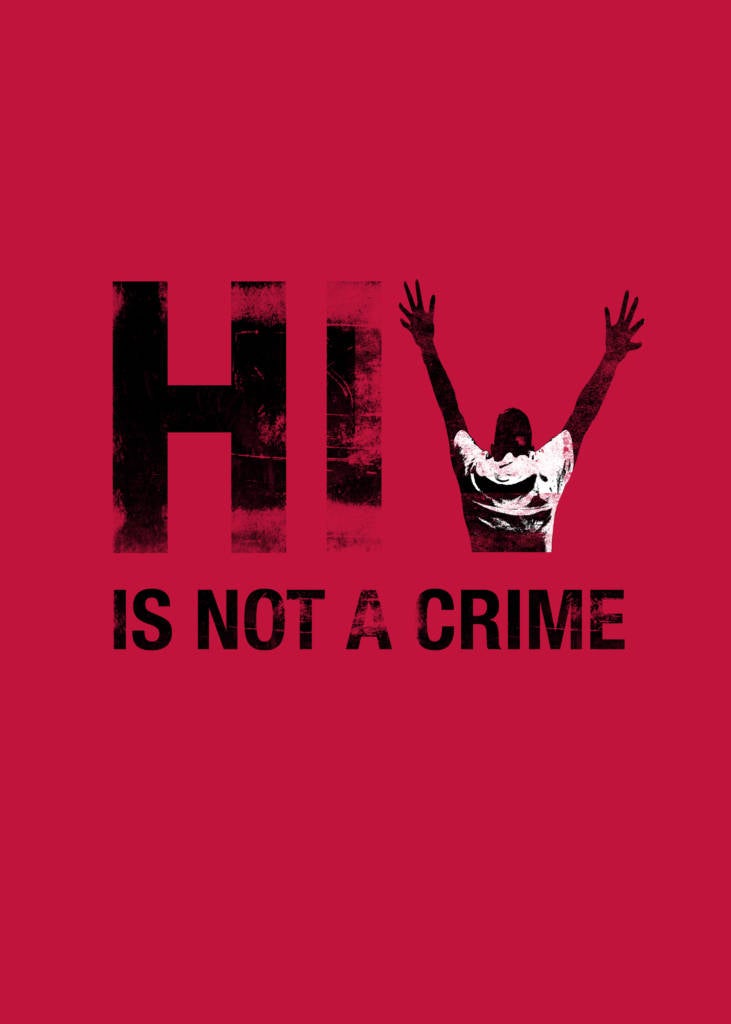
On May 17, 2017, the Supreme Court of Ohio will hear oral arguments in State of Ohio v. Batista, a constitutional challenge to an Ohio law (R.C. 2903.11(B)(1)), which makes it a felony assault for a persons living with HIV to engage in sexual conduct without prior disclosure of their HIV status. Orlando Batista was convicted of felony assault for failing to disclose his HIV-positive status to his girlfriend before having sex with her and was sentenced to 8 years imprisonment, the maximum allowed under the law. The Ohio First District Court of Appeals affirmed the conviction. The Supreme Court of Ohio granted review of the law and Batista’s conviction and sentence.
Grounds of Challenge
Batista is challenging the law on two grounds. The first is on the grounds that the law violates the Equal Protection Clauses of the Ohio and United States Constitutions. Batista argues that the law is not rationally related to its purpose of preventing the spread of HIV. This is because criminalization does not reduce the rates of HIV transmission and perpetuates out-dated stigma against people living with HIV. In fact, the law criminalizes conduct that carries a negligible risk of transmission such as condom use or viral suppression through antiretroviral treatment. Batista also argues that there is no rational basis for the law to distinguish between HIV and other communicable diseases (such as Hepatitis C). In addition, Batista argues there is no rational basis to distinguish between the modes of transmission of HIV by criminalizing transmission through sexual conduct but other modes of transmission such as sharing needles.
The second ground of challenge is that the law violates the First and Fourteenth Amendments of the United States Constitution because it compels speech and infringes on the right to refrain from speaking. Batista contends that the law constitutes content-based regulations and, as a result, government must adopt the least restrictive means to achieve its purpose. Since the law is broad and encompasses conduct that carries a minimal or non-existent risk of transmission, Batista contends that it is unconstitutional.
State Arguments
The State of Ohio argues that the law does not violate the Equal Protection Clause because because the state has an interest in controlling the spread of HIV and in ensuring consent to sexual conduct. The state also argues that the law does not violate the First and Fourteenth Amendments because the law is only restrictive insofar as it is essential.
Amicus Briefs
Various organizations filed amicus briefs to assist the Supreme Court of Ohio by offering information relevant to the case. The Center of HIV Law and Policy and eight other organizations filed a joint amicus brief. The amicus brief builds upon the two constitutional challenges raised by Batista and raises an additional ground. The organizations argue that the law violates the Equal Protection Clause because it arbitrarily singles out persons with HIV for differential treatment while no other classes of people are required to disclose private medical information prior to sexual conduct. In addition, they argue that the law does not reduce the spread of HIV and promotes stigma against persons with HIV. Finally, they argue that the law violates prohibitions against discrimination on the basis of disability under the Americans with Disabilities Act.
Implications
This case may have important implications for the constitutionality of similar laws across the United States. Currently, thirty-two states and two U.S. territories have HIV-specific criminal laws that only apply to people with HIV, and other states use general criminal laws to prosecute people on the basis of their HIV status. Since 2008, there are been more than 260 prosecutions under these laws despite the fact that there is no scientific evidence to support such laws.



